The statistics behind the UK’s housing crisis
Government fails to build any of the 200,000 new starter homes it pledged in 2014
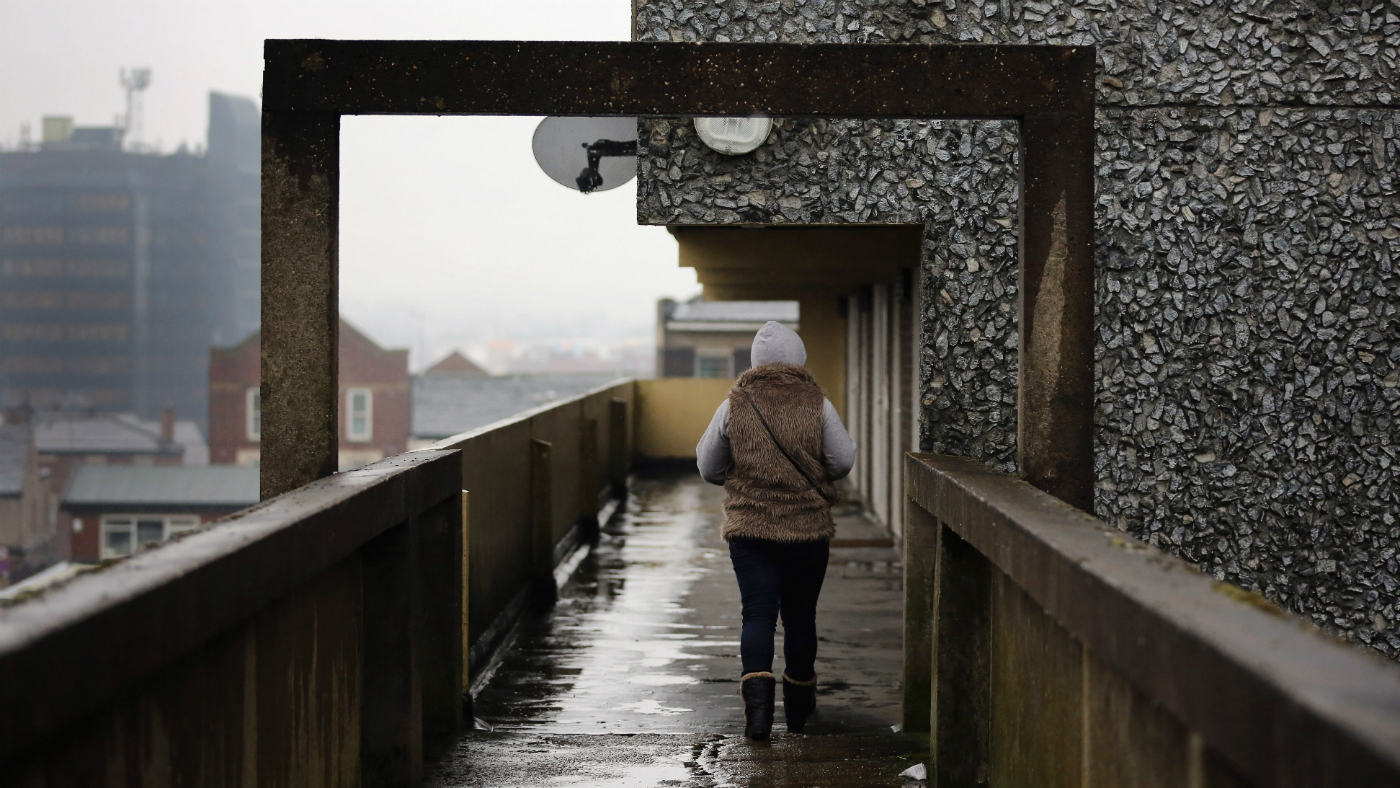
A free daily email with the biggest news stories of the day – and the best features from TheWeek.com
You are now subscribed
Your newsletter sign-up was successful
Statistics revealing that the Government has failed to build any of the 200,000 new starter homes it promised in 2014 have once again thrown Britain’s deepening housing crisis into focus.
The National Audit Office today reported that the starter homes scheme announced by the then prime minister David Cameron was “aimed at those under the age of 40” and would facilitate the sale of new homes at a 20% discount.
However, the BBC reports that “legislation to take the project forward was never passed”.
The Week
Escape your echo chamber. Get the facts behind the news, plus analysis from multiple perspectives.

Sign up for The Week's Free Newsletters
From our morning news briefing to a weekly Good News Newsletter, get the best of The Week delivered directly to your inbox.
From our morning news briefing to a weekly Good News Newsletter, get the best of The Week delivered directly to your inbox.
And despite the Government claiming it had a “great track record” on housing, the BBC notes that the crisis is currently “impacting all ages across every part of the country”.
Here are five stats revealing the extent of the UK’s housing problem:
More than 10,000 people in emergency accommodation
Statistics published by the Department of Housing last week showed that 10,397 people were in emergency accommodation in the UK in September. This was made up of 6,524 adults and 3,873 children.
A free daily email with the biggest news stories of the day – and the best features from TheWeek.com
Wayne Stanley, the national spokesman for the Simon Communities homeless charity, said the statistics had shown how “quickly these things become normalised”, adding that the fact that more than 10,000 people were living in emergency accommodation has “lost its shock value”.
–––––––––––––––––––––––––––––––For a round-up of the most important stories from around the world - and a concise, refreshing and balanced take on the week’s news agenda - try The Week magazine. Get your first six issues for £6–––––––––––––––––––––––––––––––
3.6 million people are living in overcrowded homes
According to housing law, a property is overcrowded if two or more people of a different sex have to sleep in the same room and they are aged ten or over, excluding couples who share a room. It applies to any room the occupants can sleep in, including living rooms, dining rooms and studies.
In September, research carried out by Heriot-Watt University showed that as many as 3.6 million Britons are currently living in conditions that would fall under the legal definition of overcrowded, reports The Guardian.
Three million new homes must be built in 20 years
In January this year, Shelter warned that three million new social homes needed to be built in England alone over the next 20 years to fix the housing crisis.
A report published by the homeless charity said that 1.17 million of these homes are needed for younger families who “face a lifetime in expensive and insecure private renting”, while a further 1.27 million are needed to house those in greatest need - including homeless people and those living with a disability.
Homes cost 7.8 times annual salaries
The Office for National Statistics reported in March this year that, on average, full-time workers could expect to pay an estimated 7.8 times their annual workplace-based earnings on purchasing a home in England and Wales.
The report also showed that over the past five years there were no local authorities in which affordability improved, with 77 of them becoming less affordable over this time.
Currently, the least affordable local authority is Kensington and Chelsea, where house prices are around 44.5 times greater than the average annual earnings.
400,000 people are homeless or at risk of homelessness
When taking into account both homeless people and the so-called “hidden homeless” - people living in homeless shelters, temporary accommodation or sofa-surfing - researchers estimate that 400,000 people in the UK are either homeless or hidden homeless, the BBC reports.
-
 ‘Restaurateurs have become millionaires’
‘Restaurateurs have become millionaires’Instant Opinion Opinion, comment and editorials of the day
-
 Earth is rapidly approaching a ‘hothouse’ trajectory of warming
Earth is rapidly approaching a ‘hothouse’ trajectory of warmingThe explainer It may become impossible to fix
-
 Health insurance: Premiums soar as ACA subsidies end
Health insurance: Premiums soar as ACA subsidies endFeature 1.4 million people have dropped coverage
-
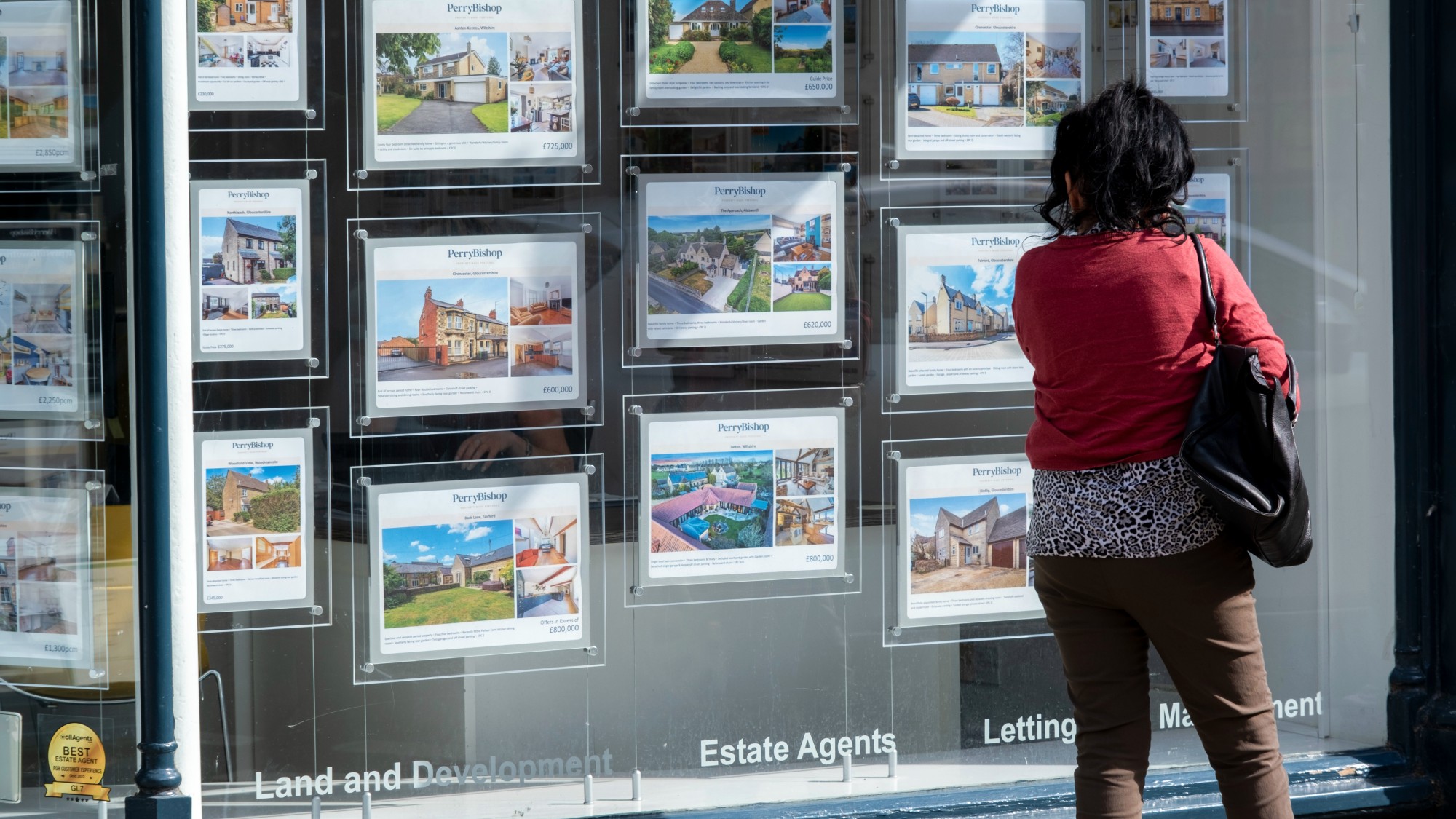 The end of leasehold flats
The end of leasehold flatsThe Explainer Government reforms will give homeowners greater control under a move to the commonhold system
-
 Why baby boomers and retirees are ditching Florida for Appalachia
Why baby boomers and retirees are ditching Florida for AppalachiaThe Explainer The shift is causing a population spike in many rural Appalachian communities
-
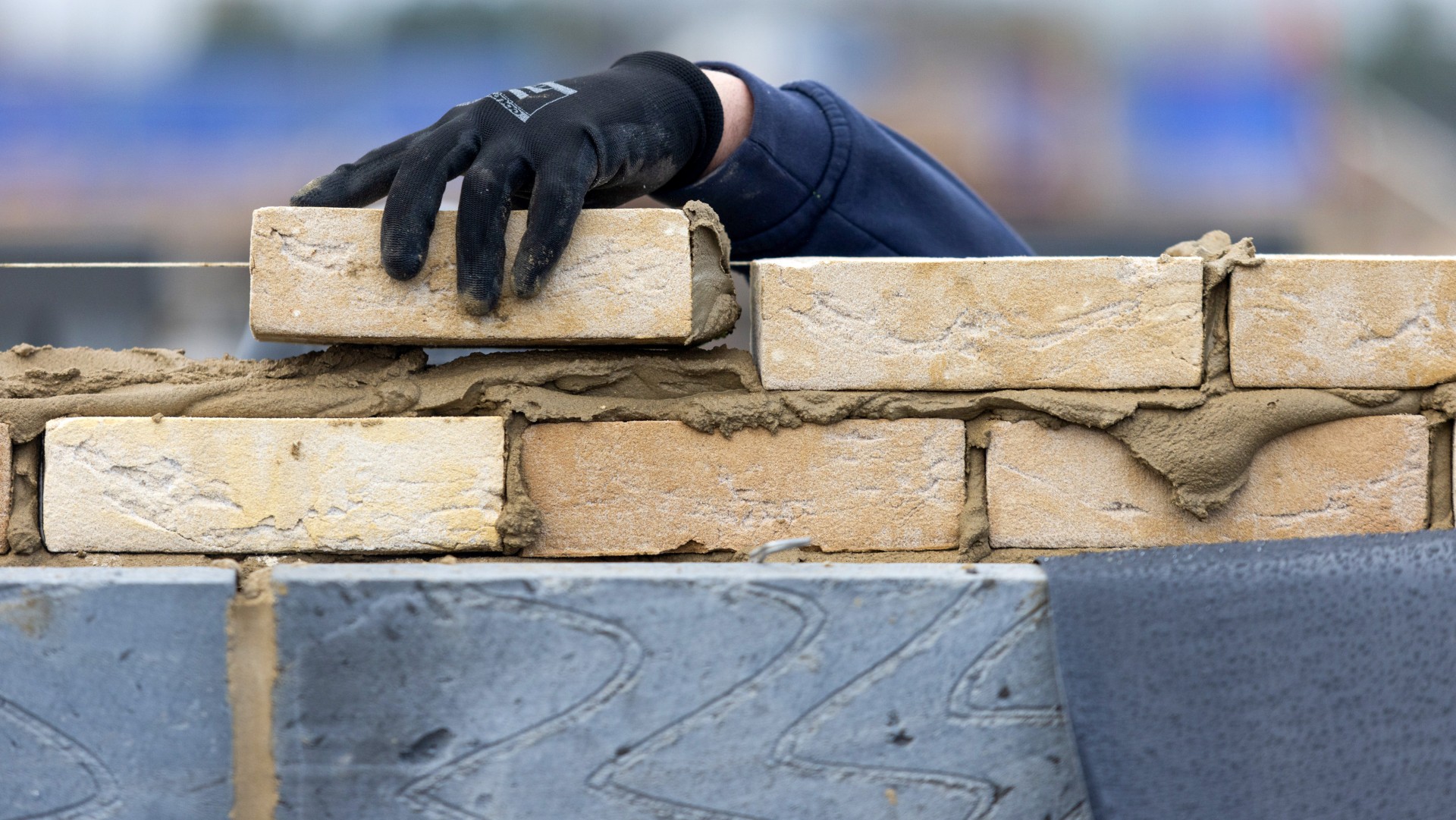 The pros and cons of new-builds
The pros and cons of new-buildsPros and Cons More options for first-time buyers and lower bills are offset by ‘new-build premium’ and the chance of delays
-
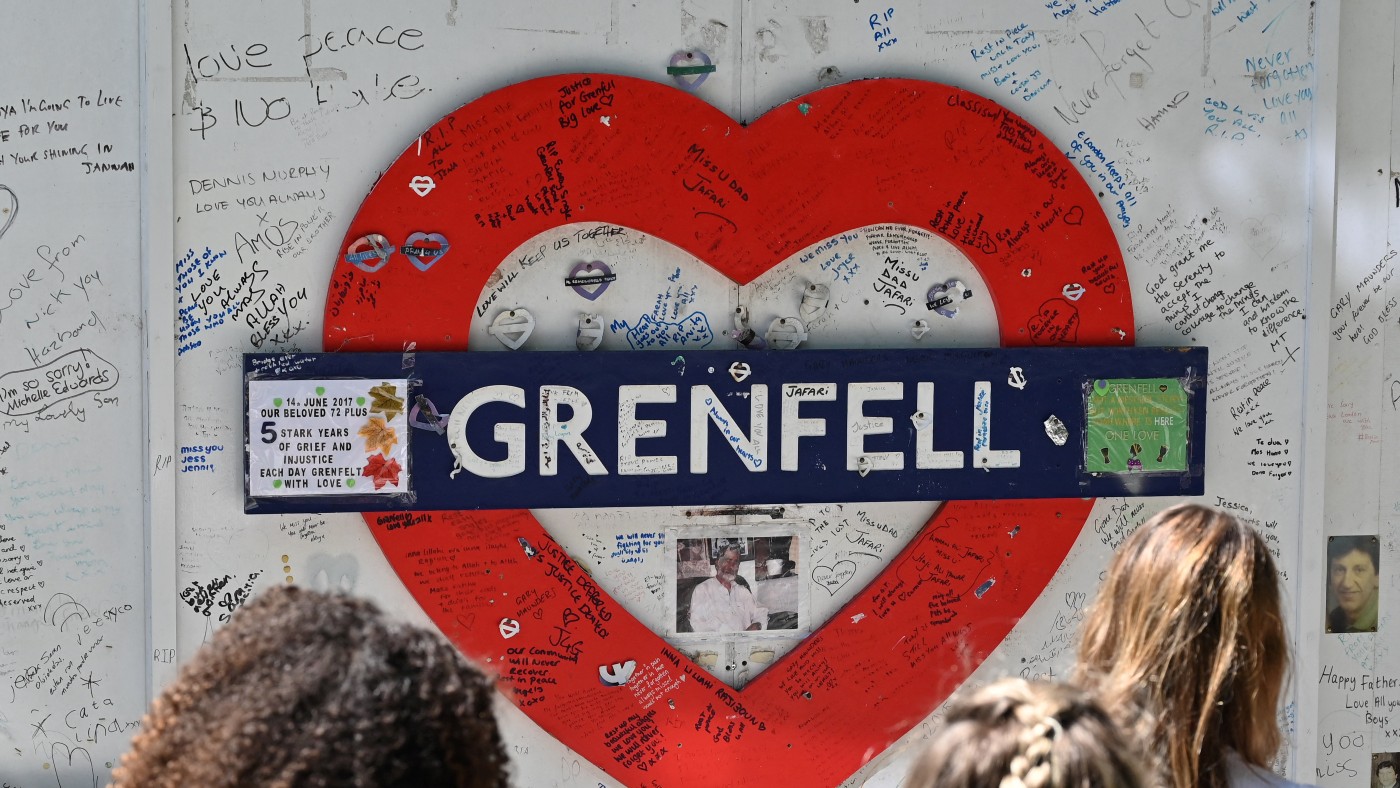 How the Grenfell tragedy changed the UK
How the Grenfell tragedy changed the UKfeature Six years on since the government vowed to ‘learn lessons’ has sufficient progress been made?
-
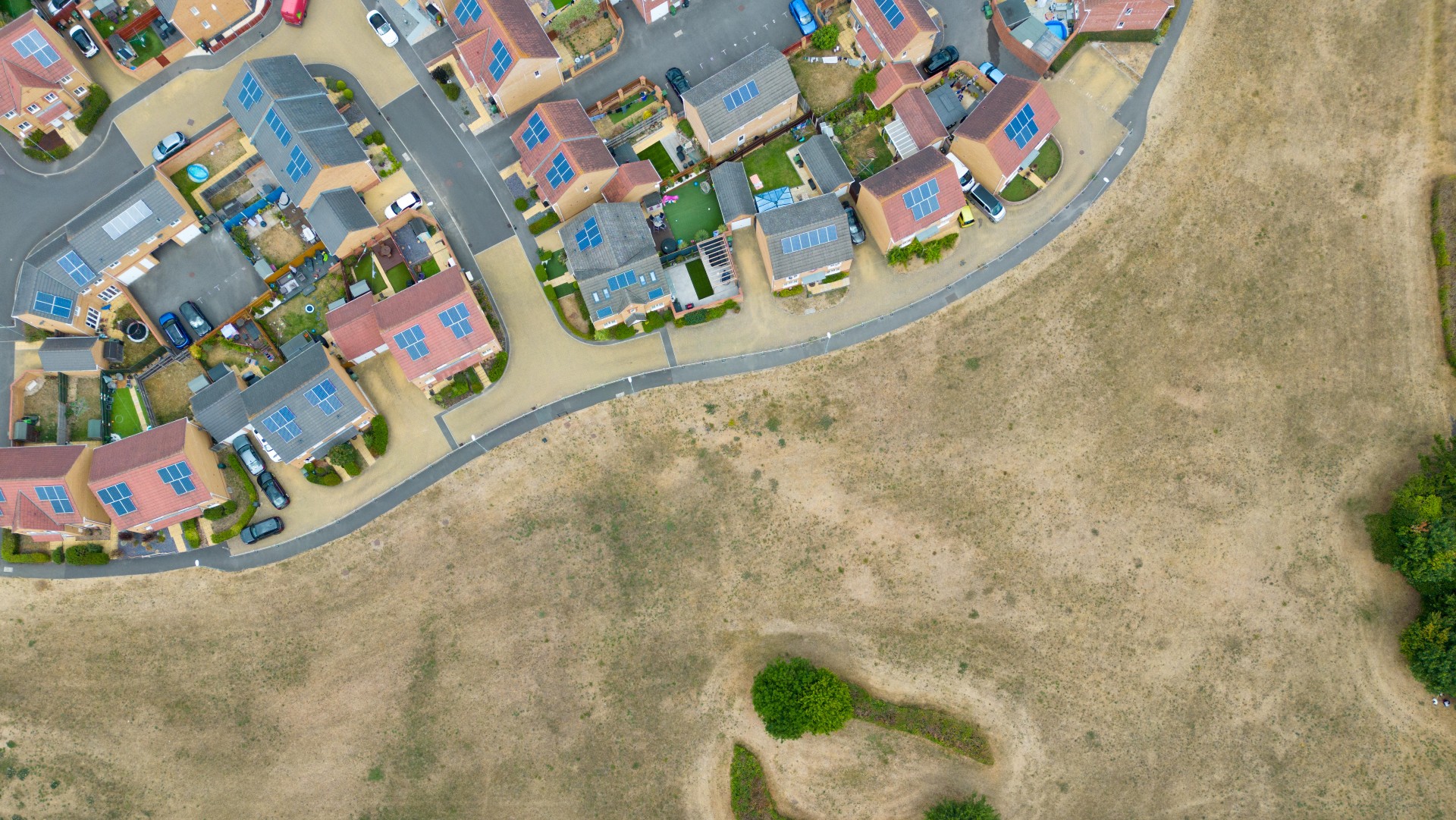 Pros and cons of building on the green belt
Pros and cons of building on the green beltPros and Cons More housing and lower house prices must be weighed against urban sprawl and conservation concerns
-
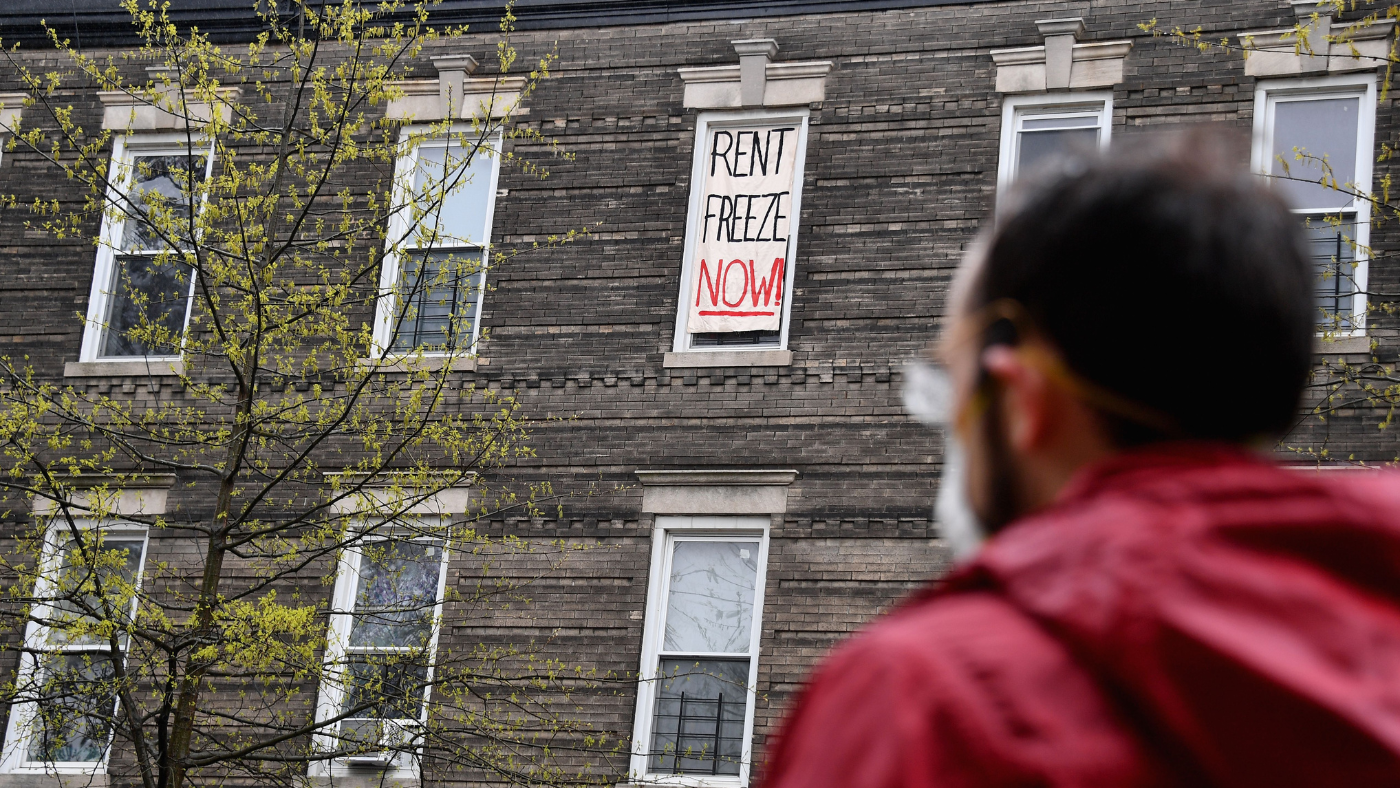 The pros and cons of rent freezes
The pros and cons of rent freezesPros and Cons Proponents say rent controls provide stability for tenants, but critics claim they won’t fix the housing crisis
-
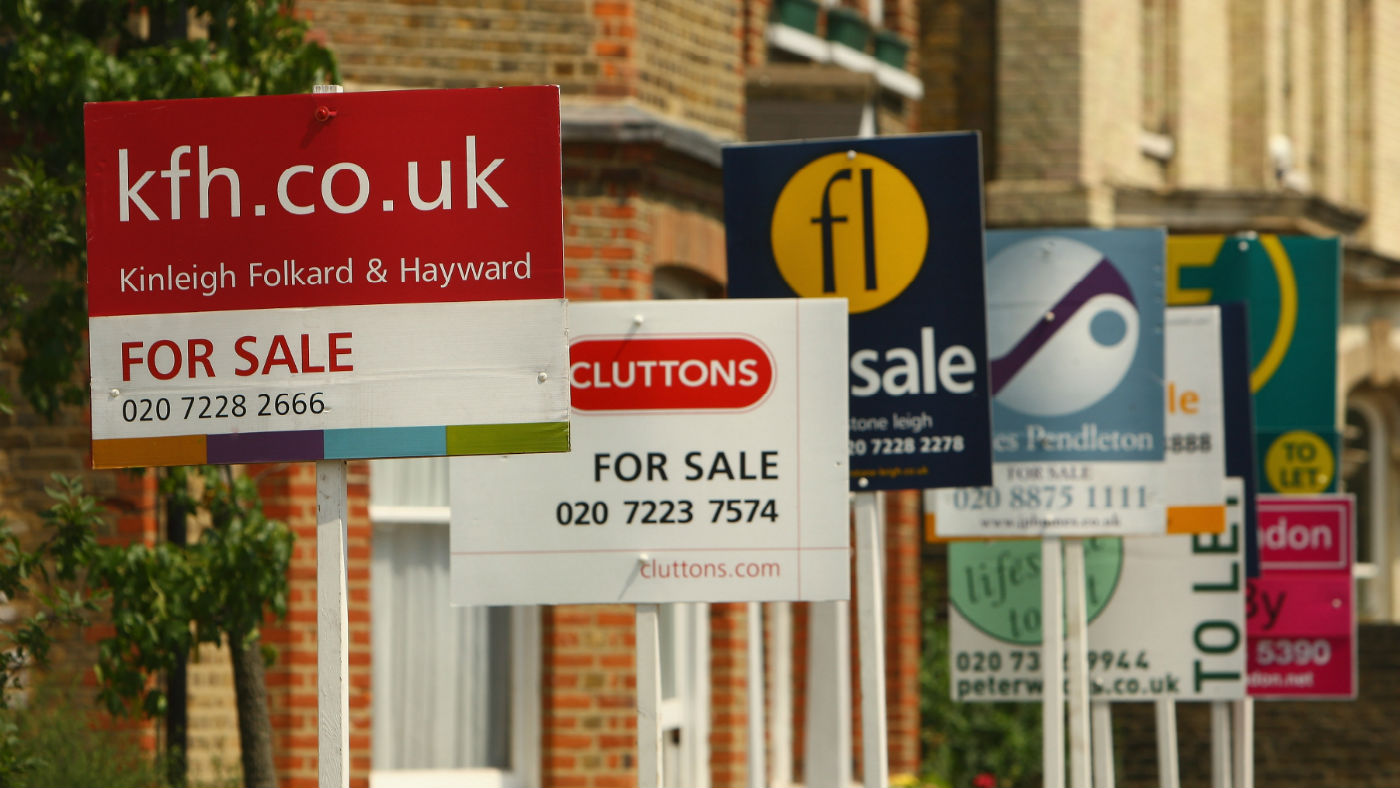 The cooling housing market: what happens next for UK property?
The cooling housing market: what happens next for UK property?In the Spotlight The end of the latest boom is in sight. What kind of landing can we expect?
-
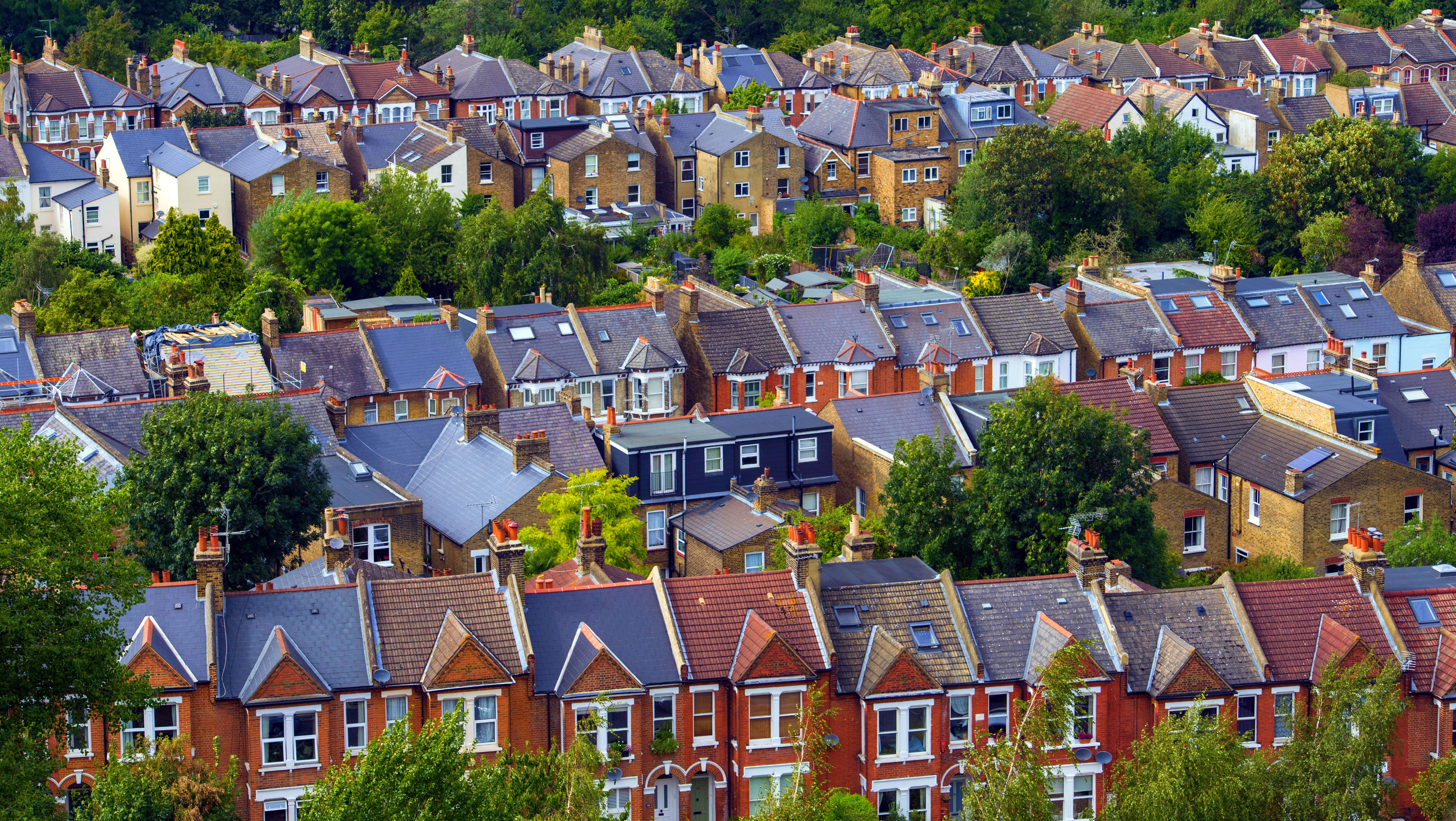 Shared ownership explained: how the home buying scheme works
Shared ownership explained: how the home buying scheme worksPros and Cons Getting on the property ladder is being made more affordable – but there are downsides